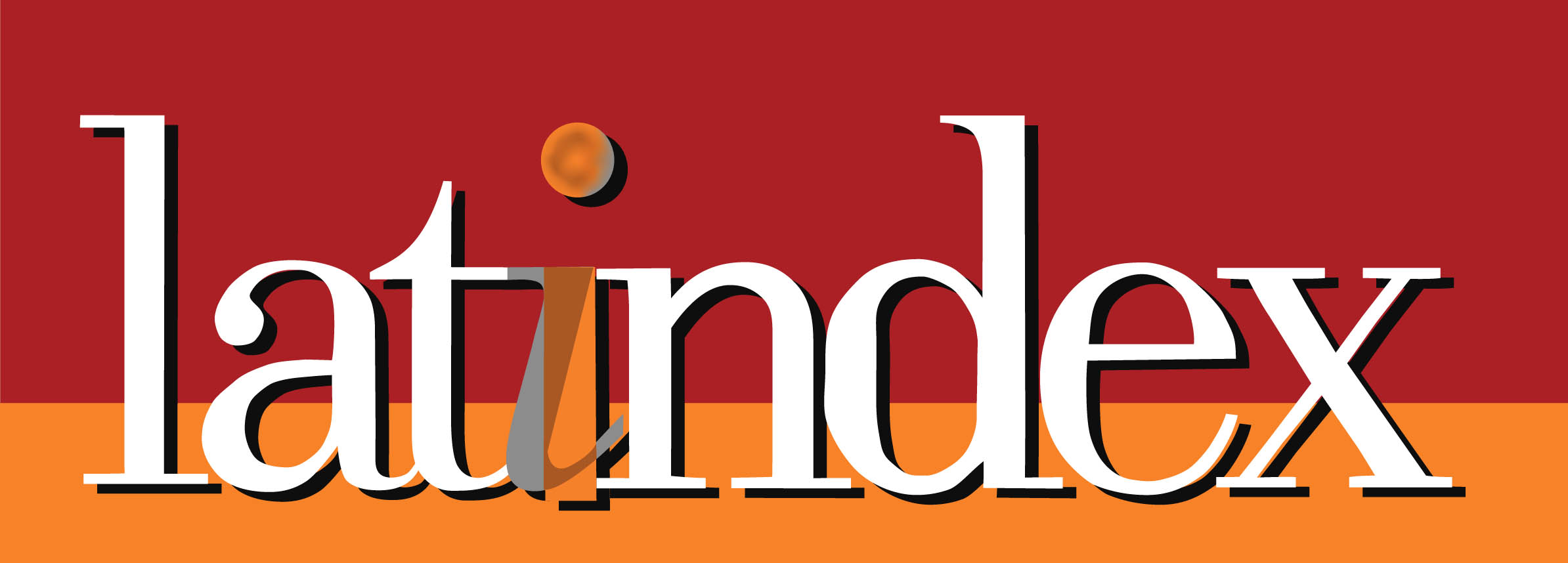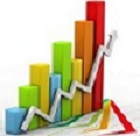Recolectores de material reciclable y COVID-19 en Brasil: acciones y reflexiones
DOI:
https://doi.org/10.21142/SS-0201-2021-c001Palabras clave:
Coronavirus infections, Recycling, Solid waste, COVID-19, Recyclable materialResumen
Dear Editor,
Brazil ranks second in the number of people infected by COVID-19, reaching 21,381,790 cases and 595,446 deaths (WHO, 2021). COVID-19, besides being a significant threat to global health, can be considered an agent that causes deficiency in the economic, political, and social advancement of the affected countries (Huang et al., 2020; Ranjbari et al., 2021). In this context, recycling has been strongly affected by this pandemic, especially the activities performed by recyclable material collectors, as the rate of waste production has a direct relationship with the degree of development of the country's productive forces, both in terms of quantity and variety of materials to be discarded and their spatial concentration, especially in capitals and metropolitan regions (Fidelis and Colmenero, 2018; Tsai, 2021). I have reviewed with particular interest the work of Flores (2020) published in the last number of this journal; this article deals with the critical problem of plastics during pandemics. Considering the journal's interest in this topic, I would like to send you a comment about the recyclable material collectors in Brazil that can complement the splendid approach provided by the author.
In Brazil, recyclable material collectors, in general, are people who engage in this activity to ensure their survival or because recycling is feasible in a context of immediate needs imposed on them by survival in a dynamic labor market. According to estimates from the National Movement of Waste Pickers (MNCR) of Brazil, about 800 thousand waste pickers are working in the country, responsible for collecting 90% of the total recyclable material in Brazil (IPEA, 2013). Waste pickers earn their living by collecting recyclable materials and waste and selling reusable materials to the recycling market.
The pandemic caused by COVID-19 has directly impacted the lives of recyclable material collectors in Brazil in terms of health and financial aspects. According to de Sousa, 2020, these workers are frequently exposed to contamination and infected by the virus. Consequently, they become unable to perform their activities and cannot obtain income for their subsistence.
In an economic context and facing a pandemic, there has been an advancement in food delivery and the electronic market and increased use of disposable hospital supplies such as masks and gloves. According to the Plastic Atlas 2020, there was an increase in plastic consumption in Brazil during the coronavirus pandemic(STIFTUNG, 2020). Therefore, plastic recycling could be opportune for recyclable material collectors in Brazil. However, they have a precarious waste collection and treatment structure, although the country has a National Solid Waste Policy sanctioned by Law No. 12,305, August 2, 2010, which is in the implementation phase and far from ideal.
Policies and legal changes aimed at recyclable material collectors, who generally have a low income, become essential for formalizing recycling organizations. In addition, the pandemic has demanded greater resilience from citizens worldwide to withstand the effects of the current health system crisis; however, recyclable material collectors need an even greater "look and attention," as they are actively exposed to COVID-19.
We are facing a pandemic of overwhelming proportions, in which coronavirus has forced society to "stop," both in developed and developing nations (Sarkis et al., 2020). Through a collective and combined effort, science flourished based on resources and knowledge, and it was possible to develop vaccines to mitigate the actions and effects of COVID-19. This learning can encourage citizens around the world to adopt sustainable production and consumption practices.
Sources of financing
The research was self-funded.
Potential conflicts of interest
The author declares no conflicts of interest.















